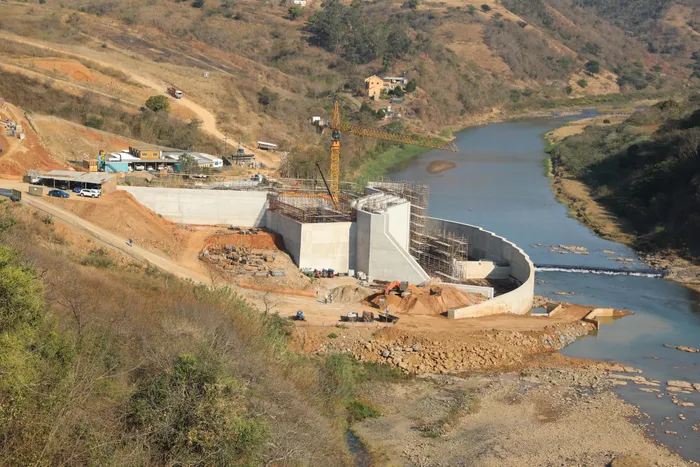
More than R25 billion is owed to water boards.
Image: Doctor Ngcobo/Independent Newspapers
Municipalities collectively owed water boards R25.1 billion as at June.
This was discovered by Deputy President Paul Mashatile during a question-and-answer session in the National Council of Provinces on Thursday.
“There are instances where municipalities will dispute the debt, but we said where there are no disputes, they must pay immediately.
“They must also ring fence those disputed amounts so they can be looked at and then lastly, enter into structural payment agreements for historic debt, because we know they can't pay everything immediately,” he said.
Mashatile was responding to DA MP Igor Stefan Scheurkogel, who wanted to know what concrete actions will be taken to deal with the culture of impunity and ensure accountability for municipal mismanagement.
Mashatile said the National Treasury has agreed to withhold Equitable Shared transfers to the worst performing municipalities in terms of non-payments to water boards.
“This has been done at the request of the Department of Water and Sanitation. If the municipality does not pay water boards, National Treasury will then top slice funds that would otherwise have to be transferred to that municipality to be able to pay the water boards.”
He said the top slicing of the Equitable Share began in December last for municipalities that were failing to comply with the payment obligations to water boards.
Mashatile said these measures have already begun to show some level of improvement in the financial sustainability of municipalities across the country.
“The Minister of Water and Sanitation has announced that Mangaung, Johannesburg, and Tshwane Metropolitan Municipalities have already managed to pay off debt to the water boards. This improvement is commendable and must be replicated by other municipalities.”
He was confident that they will turn the tide of rising debt and move closer to improving the delivery of water and sanitation services to all South Africans with implementation of measures against non-compliant municipalities.
Scheurkogel said the non-payment by municipalities were not just financial mismanagement, but criminal neglect.
He blamed the deep-rooted problem within the provinces that allowed local governments to collapse because they did not provide the support as the Constitution provided for.
“What consequent management action steps would you implement to provinces that keep on failing to ensure local government provide basic services?” he asked.
Mashatile said Minister of Local Government and Traditional Affairs Velenkosini Hlabisa has been tasked by Cabinet to intervene in all municipalities where there were challenges.
Cape Times
Related Topics: